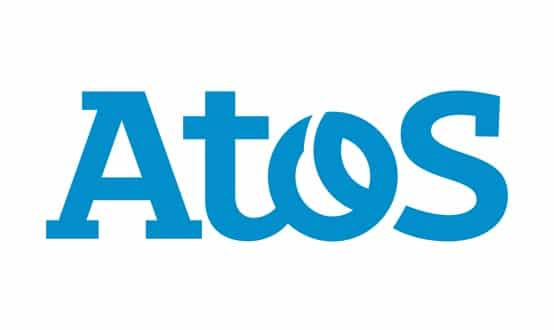German government unveils smartcard costs
- 20 March 2008
The German ministry of health has issued details on recent and estimated future costs of the healthcare smartcard project in response to a parliamentary inquiry, initiated by the Liberal Democrats (FDP).
Germany’s current government is made up of a ‘grand coalition’ of Conservatives and Social Democrats, with the FDP as the leading opposition party. The inquiry totalled 34 questions, most of which related either to security issues or to the costs of the ongoing smartcard project.
In fact, the answers the ministry of health give are the first official numbers for the budget of the German national health-IT organisation Gematik.
According to the ministry, the annual Gematik-budget has increased close to threefold, from €26m in 2006 to an estimated €70m in 2008.
The rise can be partially explained by the increase in the number of employees during the time frame, but it also reflects the progress of the smartcard project: an increasing number of tenders, the establishment of seven test regions co-financed by the Gematik and rising marketing costs.
The biggest share of costs for the smartcard project lies not with Gematik, but with the health insurance companies.
The ministry of health states that it expects a maximum of €669m of costs for the rollout of 80m smartcards.
Additional costs that have to be spent by doctors, hospitals, pharmacies and regional governments in smartcard test regions were not specified.
In total, costs of the smartcard project are expected to reach €1.4 billion. Additionally, about €150m of annual running costs are forecast once rollout is complete.
The €1.4 billion quoted covers the smartcard rollout and the establishment of a core online infrastructure. In particular, the number does not include costs for electronic medical records (EMR), and does not include costs for applications including online booking services and the like.
The majority of money for development and implementation of shared electronic records is currently being spent by health insurance companies and by hospitals.
This is the money that does not appear in any calculation so far.
Health insurance companies, on the one hand, work on personal health records (PHR) that will probably be used by patients for long term storage of personal medical data.
Hospitals, on the other hand, are establishing shared electronic medical records that aim at connecting them with doctors in private practice and cooperating medical institutions, for example, rehabilitation facilities. These hospital driven EMR solutions are intended for professional communication within a region.
Neither health insurance companies engaged in PHR-projects, nor hospitals engaged in EMR-projects, have issued any numbers regarding how much money they have spent, or intend to spend, on these projects.
Apart from information about costs, the ministry of health has also provided some details on the progress of the smartcard tests.
So far, just over 50,000 smartcards have been issued across all seven test regions.
In all, 190 doctors in private practice, 115 pharmacies and 11 hospitals are involved.
The ministry re-iterated that the rollout of the smartcard readers for doctors and pharmacists will begin in early summer 2008.
It is highly likely now, although not officially confirmed, that this will be in North-Rhine Westfalia. The first steps towards an online system in some parts of Germany can reasonably be expected sometime in 2009.
A German version of the inquiry and the answers of the ministry of health can be accessed online.




